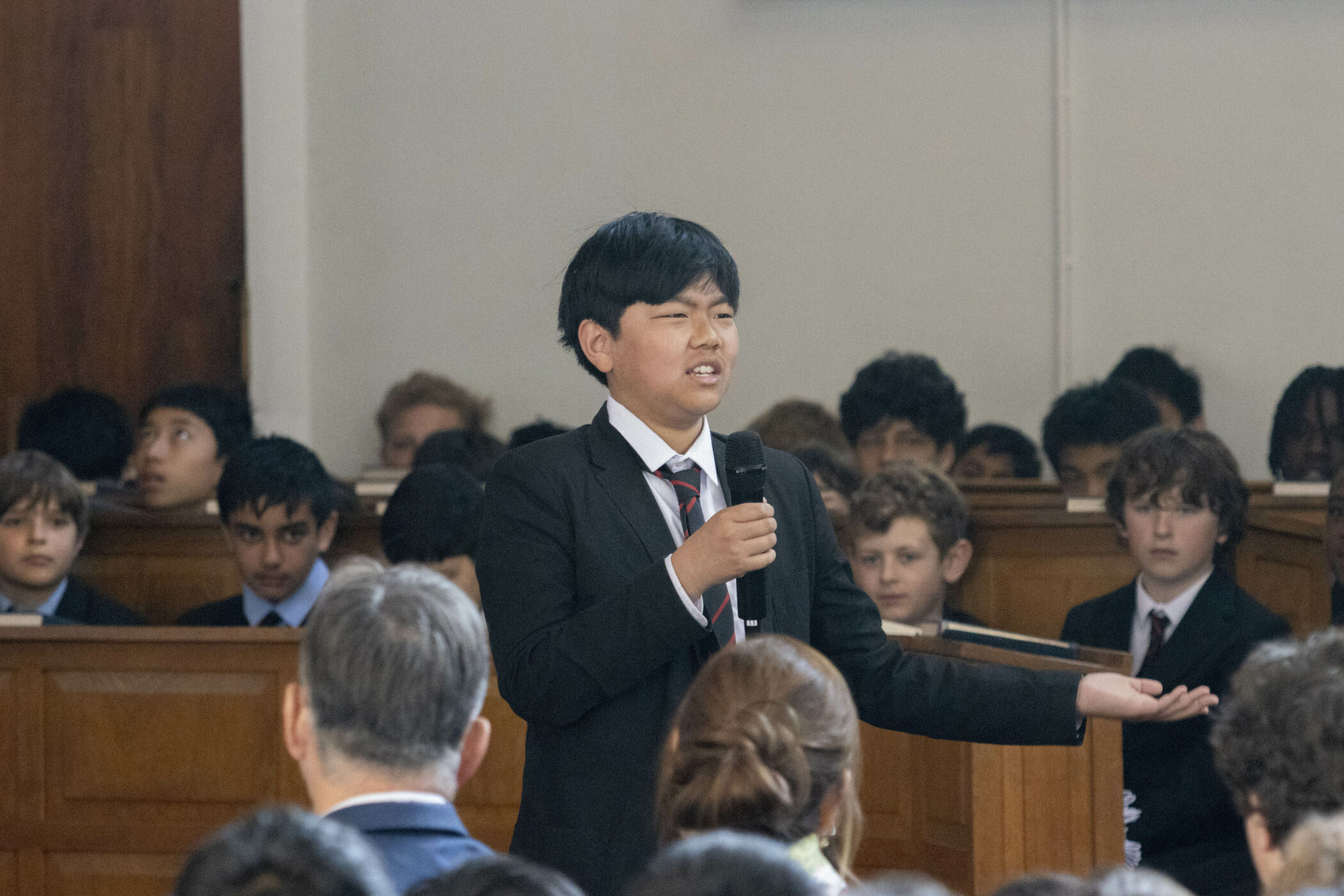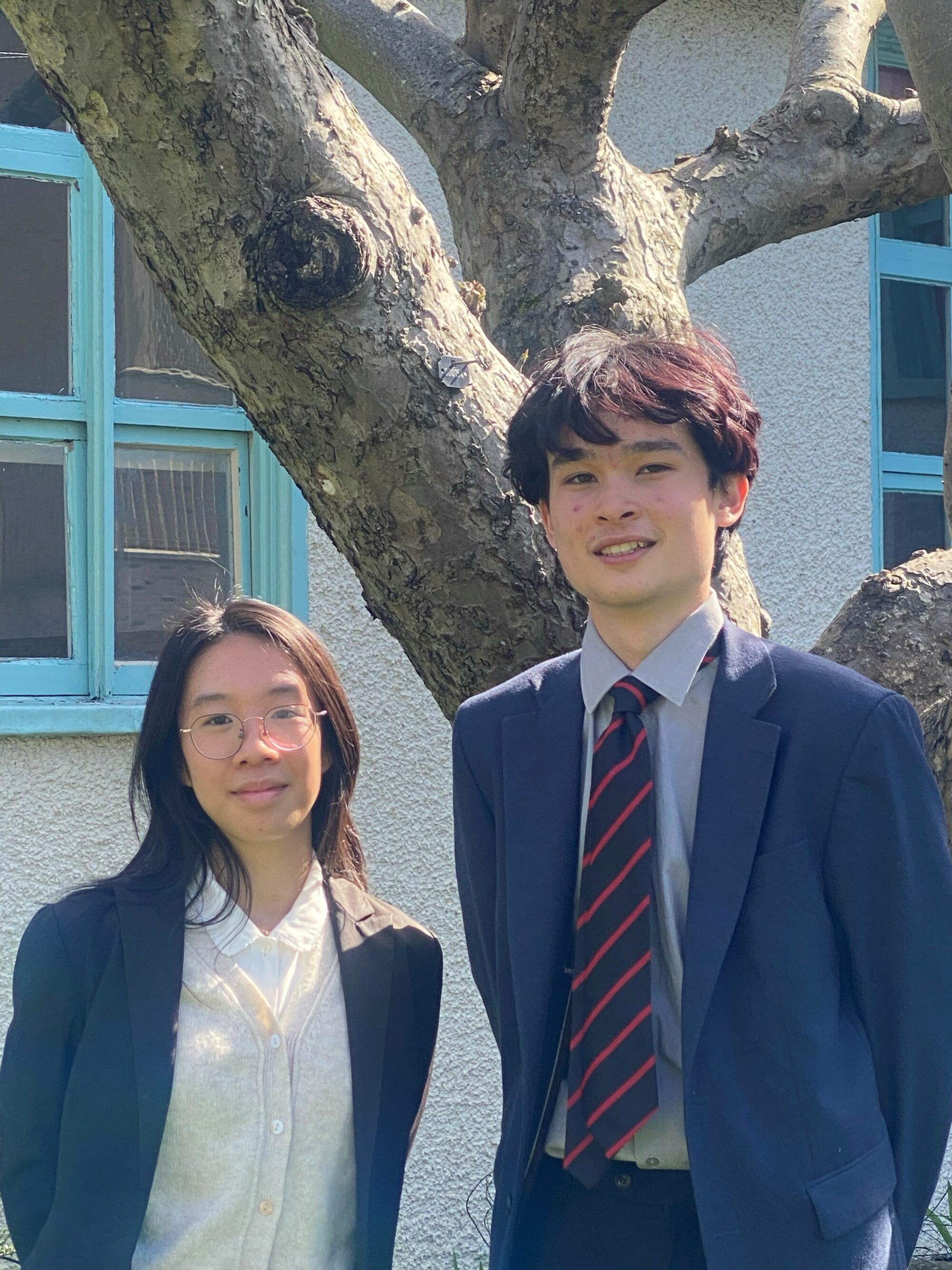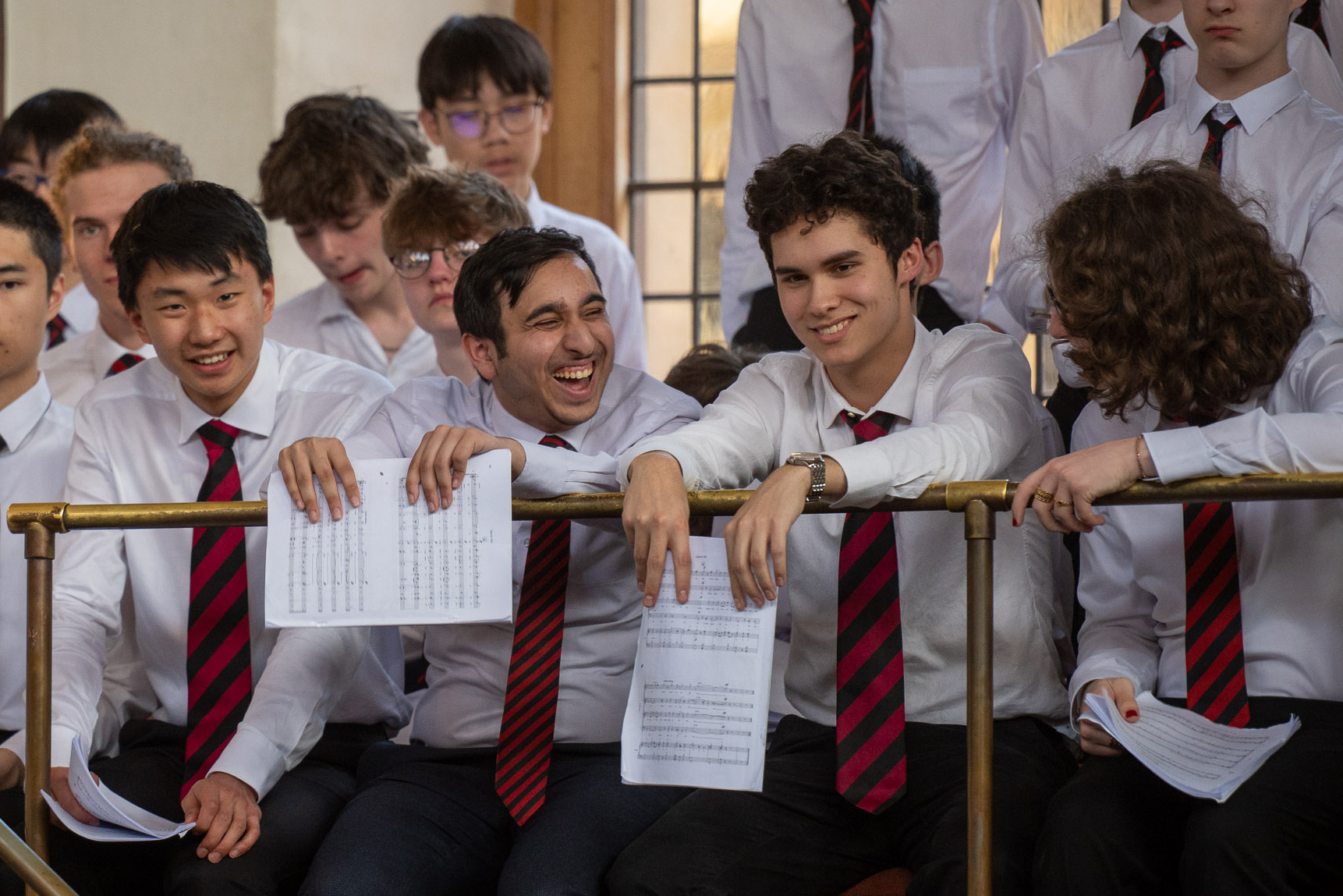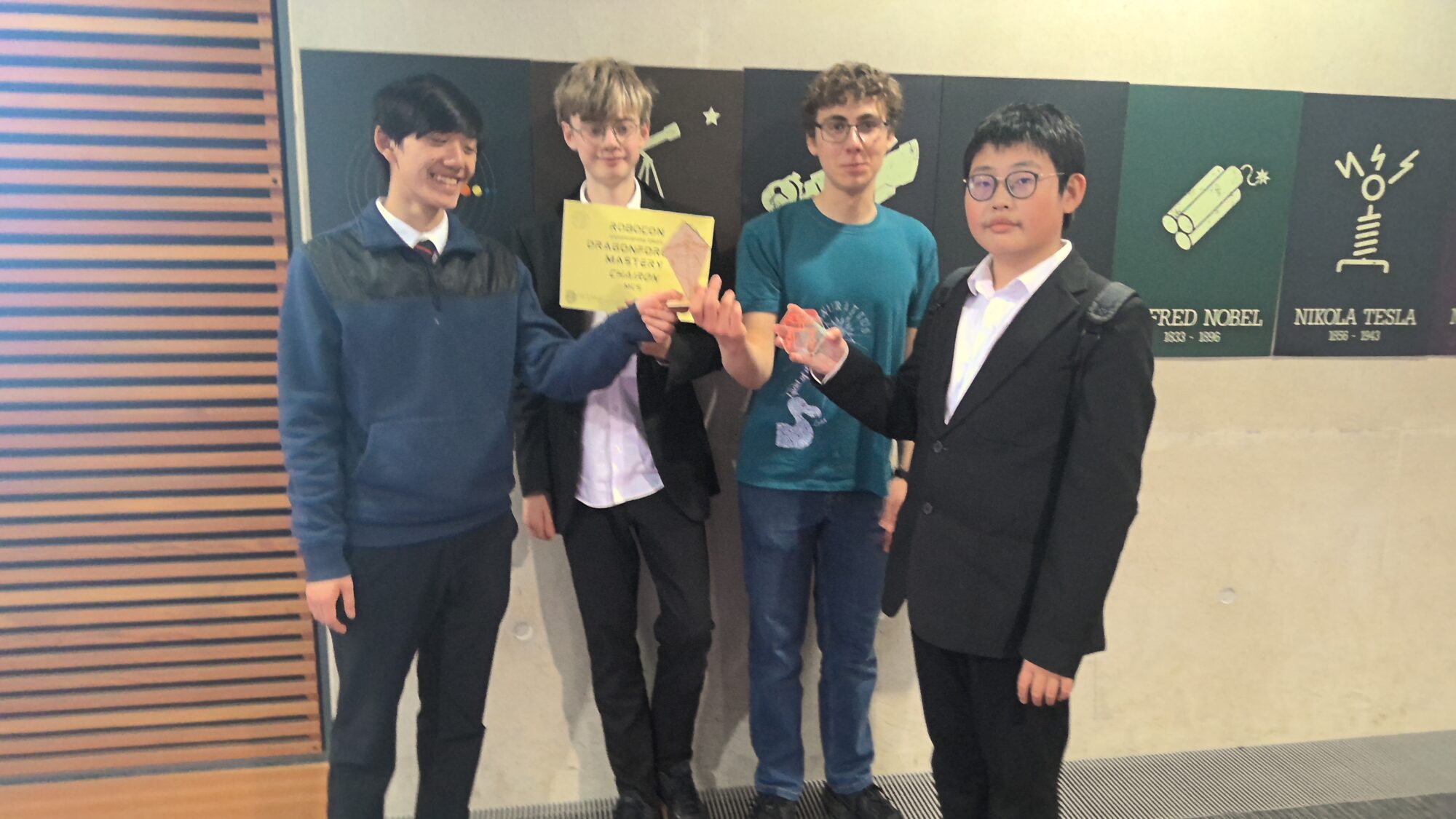Former MCS teacher David Gill sadly died in August 2017. David left MCS in 1972, having taught English and German and been keenly involved in school theatrical productions. The following obituary from the Guardian was written by his son:
‘My father, David Gill, who has died aged 82, was a poet, teacher and lifelong activist for peace and justice.
His first post was at Bedales, the progressive boarding school in Hampshire, where he was taken on to teach German and English in 1960. After two happy years, he left to travel to Africa, where he spent two years teaching at Nyakasura boys’ school near Fort Portal, Uganda. His experiences there informed his first published book of poetry, Men Without Evenings (1966), a second collection,The Pagoda (1969) followed, in the Phoenix Living Poets series.
By this time he was back in the UK, teaching at Magdalen College School in Oxford. He went on to teach at Newland Park College of Education, Chalfont St Giles (which was absorbed into Buckinghamshire College of Higher Education), until his retirement in 1987, when he moved back to Oxford. He co-authored a textbook, The ABC of Communication Studies (1981), that is still used today.
He continued to write and read poetry all his life. He had a gently ironic tone and a gift for the unexpected metaphor. His work was published in dozens of magazines and anthologies. Some poems, such as Killing a Whale, are taught in secondary schools. His collection of children’s poetry for schools, One Potato, Two Potato (1985, with Dorothy Clancy) was very popular. Towards the end of his life he sensed the onset of dementia, and wrote one of his finest poems,The Vanishing Trick. It won first prize in a competition run by the Alzheimer’s Society in 2015.
Born in Chislehurst, Kent, David was the son of Donald Gill, a bank clerk, and Marjorie (nee Paramor), a maths teacher. His fearsome father helped instill in David his lifelong hatred of bullying – he himself was the gentlest of fathers.
David was a lanky left-handed spin bowler. On leaving Chislehurst and Sidcup county grammar school, he went to University College London, where he studied German and met Irene Zuntz, a Jewish refugee from Germany and fellow student. They married in 1958 – after he had agreed to shave off his moustache.
With his German skills, he was posted for his national service to postwar Bavaria, where he spent two years writing down Russian military Morse code messages and indulging in Liebfraumilch and opera.
David trained as a teacher at Birmingham University and took a second degree from UCL, in English, by correspondence course.
A member of the Campaign for Nuclear Disarmament from 1964, he was on the first Aldermaston march in 1958, and was editor of the Oxford branch newsletter for many years. Later he did a lot of work for race relations in High Wycombe, Maidenhead and Slough, serving for several years on the Slough Community Relations Council. He also taught for a year in Lisbon and in Japan.
He loved bird-watching and playing the trombone in Bisham Concert Band, in Berkshire, and marching bands.
He is survived by Irene, his daughter, Jackie, and sons, Nick and me, and his sister, Margaret.’
 MCS ranks among the top independent secondary schools, and in 2024 was awarded Independent School of the Year for our contribution to social mobility.
MCS ranks among the top independent secondary schools, and in 2024 was awarded Independent School of the Year for our contribution to social mobility.

 28 of our pupils achieved 10 or more 8 or 9 grades in 2024.
28 of our pupils achieved 10 or more 8 or 9 grades in 2024.
 In 2023-24, MCS received over £448,000 in donated funds.
In 2023-24, MCS received over £448,000 in donated funds.




